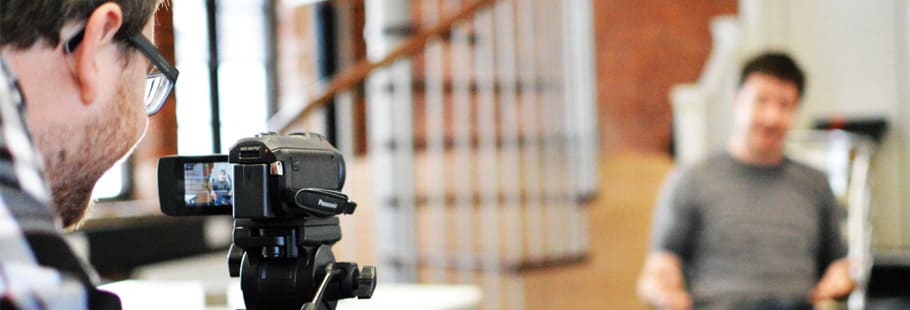PhD Inspiration - Professor Alison Woollard, University of Oxford
Considering a PhD, but wondering what you'll actually get out of it? We've sat down with some of the UK's top academics to hear their experiences and thoughts on postgraduate study. Professor Alison Woollard is the Associate Professor of Biochemistry at University of Oxford. Here she shares some advice for new students.
Video Transcript
Why did you choose to do a PhD?
I chose to do a PhD because I spent some time working in a lab when I was an undergraduate and I just really loved it, I thought it was the best thing ever.
What did you get out of doing a PhD?
In terms of what you get out of a PhD, you get a huge amount. You learn a lot about the field that you are working in, so a lot of theoretical background, a lot of experimental techniques and how to apply them properly, but also you learn a lot of transferable skills.
What was the biggest challenge during your PhD?
The biggest in any PhD is learning when things don’t work, because most of the time in science things don’t quite work in the way you intended. It could be that the experiment just doesn’t work or the hypothesis that you think is right turns out not to be right. That’s how science moves on.
Why should people do a PhD?
I think particularly when you do a PhD, you become the world expert in whatever your area is, and that gives you the kind of confidence that you can then apply. You know you can do that kind of thing and can apply it to many, many different areas. So I think it’s a great career move whatever you are intending to do.
What’s your top PhD tip?
My top tip for doing a PhD is to communicate with people all the time. Talk to your supervisors all the time, take to people in the lab, find out what they are doing because you will learn from them and also when things aren’t going right, make sure you talk about that as well. Don’t retreat and think it’s all your own fault if your experiment isn’t working, talk to people. Go to seminars, find out what is going on in the broader field as well because that’s very nourishing intellectually and also means you will learn things that you can apply to your own work, so communication is my top tip for doing a PhD.
Want More Updates & Advice?
Last Updated: 27 July 2016

 Continue with Facebook
Continue with Facebook


